Your Clinic
SET A LOCATION
Your Clinic
SET A LOCATION
With holidays, like Hanukkah, Christmas, and New Year’s Eve, right around the corner, you might be finding yourself excited to eat your favorite traditional foods. However, this may also be a stressful time for some of our pickiest eaters! Find out what tips and tricks our feeding therapists recommend when it comes to dining with our kids during these exciting festivities.
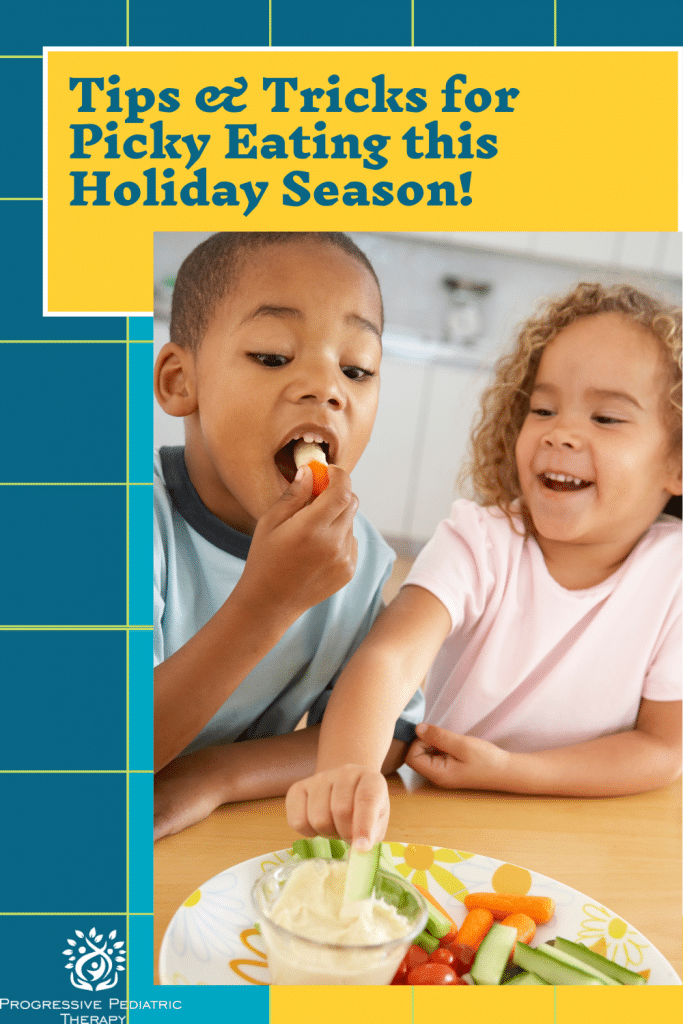
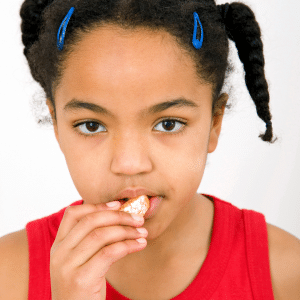
The holidays can be stressful, so remember to be lenient with tradition: meaning without taking away traditional foods or activities, think about adding everyday comforts that will make the day easier for your child like a favorite toy or stuffed animal! With that said, it is ok if your child only eats their picky food today. During the holidays, it is typically a total change in your child’s routine. They may have cousins, aunts, uncles, or grandparents visiting which, as fun as it may be, could also be overwhelming! Therefore, this may be too big of a change to try something new. With all the commotion, the last thing your child may want to do is try a new food, but to prepare for this, consider a few things:
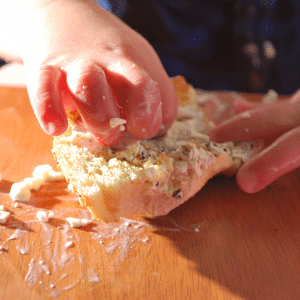
Where to start? Start with things they already like and make food connections. Many holiday foods may be new to your child, so find similar properties that link these new foods to your child’s favorites. For example, show that mashed potatoes may be smooth and creamy, just like their favorite yogurt! Some dishes may have cinnamon, just like their favorite applesauce. These connections make unfamiliar foods seem more comfortable. The same goes for smells and flavors. Introduce foods in a fun way like, “This cranberry kind of smells like your Paw Patrol yogurt, I betcha it’s Paw Patrol jelly!” Present these ideas in an exciting way, leading them to the exciting new discovery you both made !
Encourage messy play. Messy play is beneficial to your child. Messy play gives your little one the opportunity to receive feedback from their food regarding different textures, temperatures, colors, and quantities. This sensory play promotes exploration and helps build a positive environment around their food. But, don’t worry if your child is reluctant to engage in messy play with foods at first- this may take some time! Here is how you can help:


Make food fun. We want our child to be interested in the food. Pair it with something they enjoy like music or a toy they only get at the dinner table. Remember to be positive with feelings and language surrounding foods with words such as “Yummy” and “That smells great”. When your child tries something new, get excited about it! “That was a brave taste!” Be proud of the small accomplishments which will make them more likely to repeat the behavior!
Start slow. A heaping spoonful may be too much. First try having your child lick or “kiss” the food on the spoon. Too much at once may be very overwhelming for your child. So remember to keep it small and take your child’s cues as to whether or not they can handle a little more.
Try giving it to them in a different way. You can try feeding your child, or let your child feed themselves; you can try using a different spoon or a fun, colorful plate. You could make it a game, and have them feed a doll or toy, or even the family pet….as long as it is safe! This new way may be the little boost your child needs to reduce anxiety on trying new foods!
The post No Picky Eaters, November! appeared first on PPT4Kids.




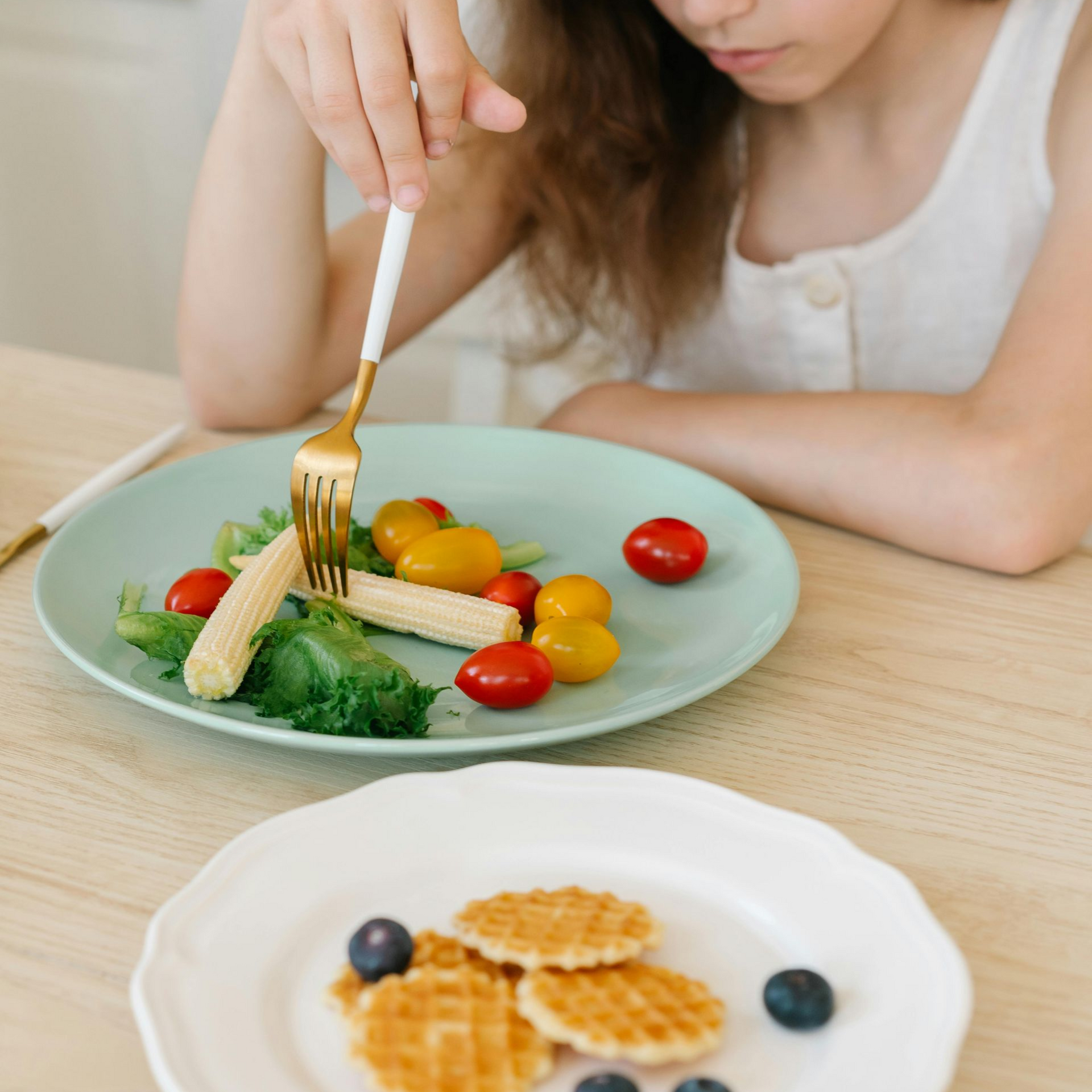

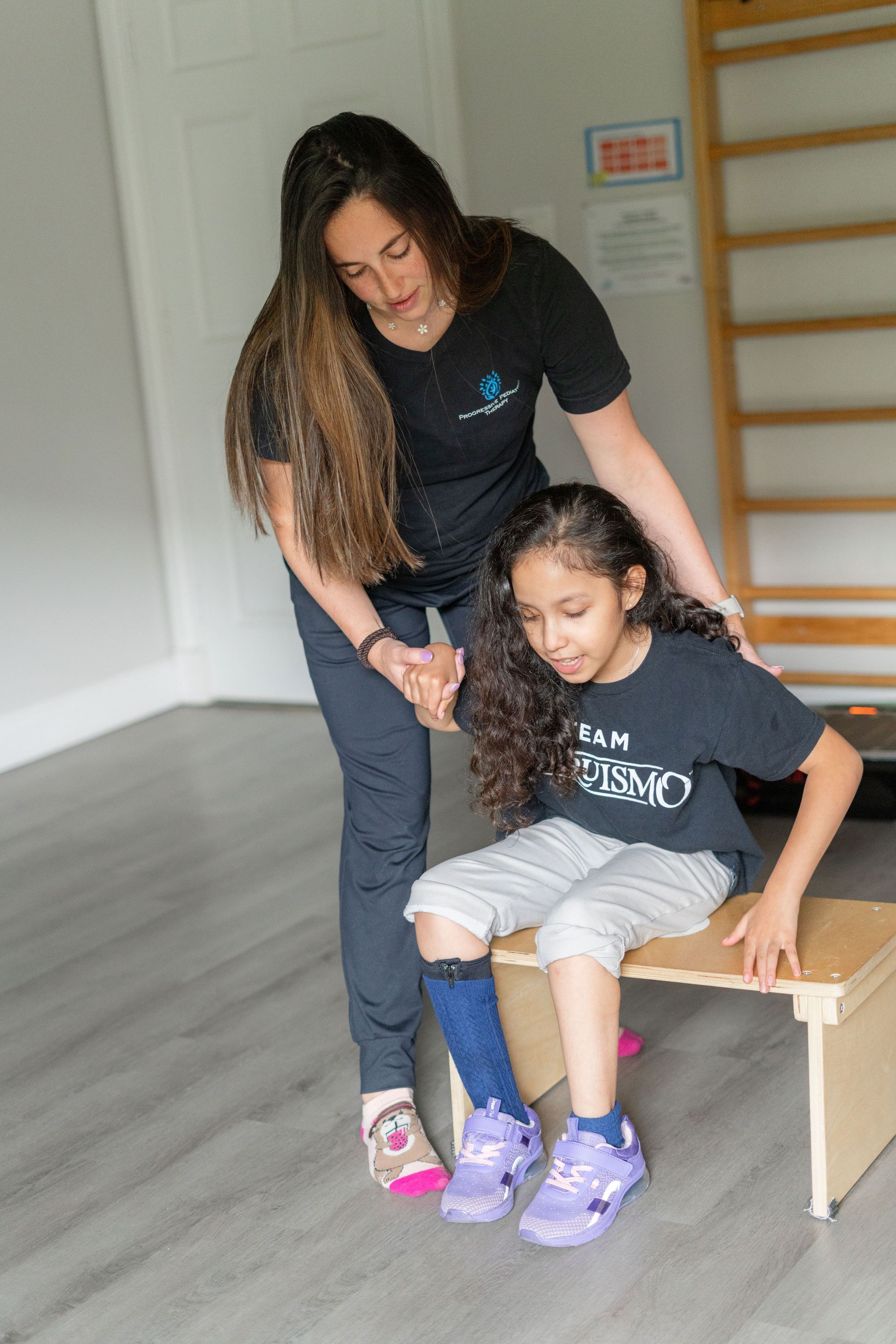


We empower children, families, and the community to learn, grow, and celebrate every child's unique abilities.
Quick Links
Contact Details
Phone: 561-376-2573 | 561-918-0190
Fax: 561-218-4939
VIP Concierge: 561-717-1764
Clinic Locations
All Rights Reserved | Progressive Pediatric Therapy, Inc. | Privacy Policy | Terms of Service
Site by Spearlance